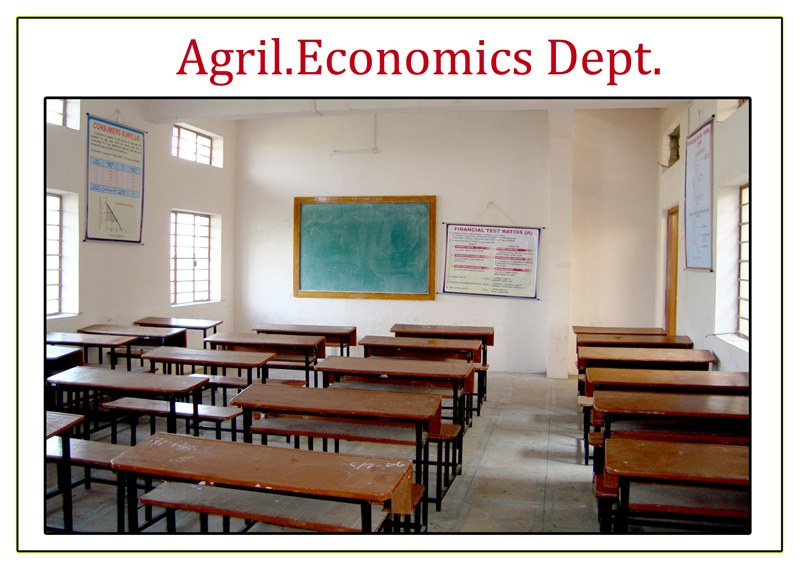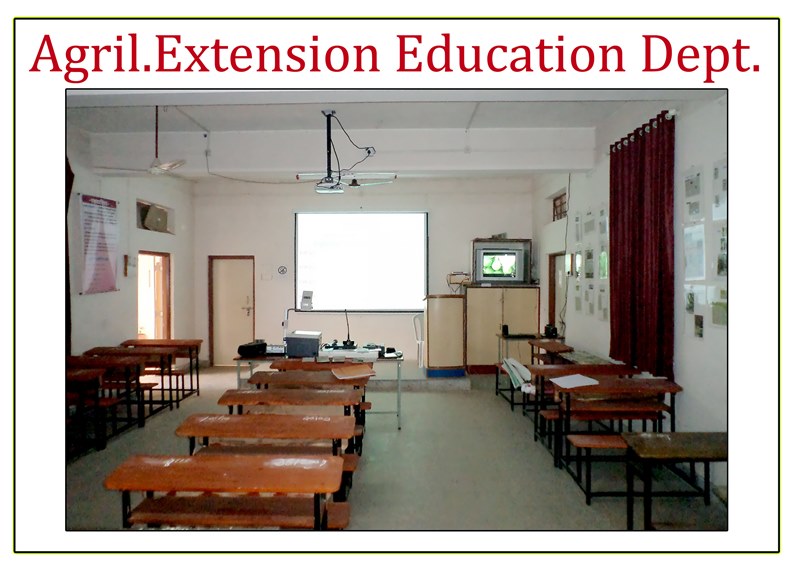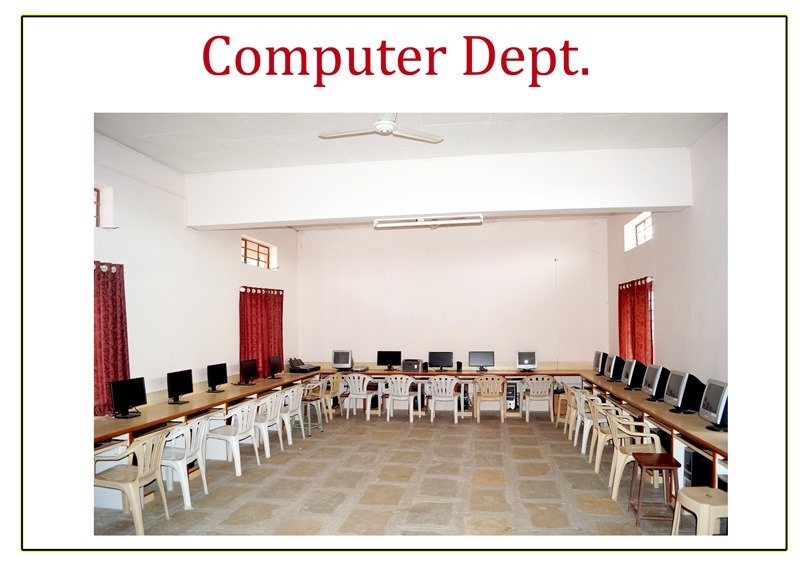According to modern science Horticulture is Cultivation, Production & Utilization of number of crops like fruits, vegetables, flowers, plantation, spices, medicinal, aromatic & mushrooms etc.
The term Horticulture first appeared in written language in 17th Century. The word Horticulture derived from the Latin words; hortus and cultra meaning garden and cultivate respectively. Thus, Horticulture is part of plant agriculture which is concerned with cultivation of 'garden crops'. The culture of garden is medieval concept. Horticulture broadly classified as -
1. Fruit Science (Pomology) 2. Vegetable Science (Olericulture)
3. Ornamental Horticulture 4. Post Harvest Technology

1. Fruit Science (Pomology) :- Pomology is the branch of horticulture which deals with study of fruit crops in all aspects.
Fruits are the choicest discovery of mankind which elevated the race to civilization of the present century. In fact, fruits are also the earlist herbal fresh food to the human race which not only satisfied their appetite but also helped them to lead domestic life and brought them to the gateway of social bondage learning their nomadic habits. Probably, the colour and aroma of fruits attracted the primitive men first who were hungry and totally ignorant of the use of fire. In the process of evaluation of food, thus, the mankind owes much to the world of fruit, but man has also made a tremendous contribution to the world of pomology through selection, introduction, hybridisation and technological advancement. It may be said that the complementary association of fruits with the mankind is as old as it's existence on this earth.
2. Vegetables Science (Olericulture) :- Olericulture is the branch of horticulture which deals with study of different vegetable crops in all aspect.
Vegetables are easily accessible & cheaper sources of vitamins, minerals & other elements essential for human being. The role of vegetables in combating malnutrition and deficiency disorders in human being is well conceived now a days.
Vegetable science is advancing fast with development of varieties & hybrids which are high yielding, resistant to pest & diseases and suited to specific purposes. As a result of which india ranks IInd next only to China in area & production of vegetables.
3. Ornamental Horticulture :- The importance of ornamental horticulture for both aesthetic environmental & economical point of view is not properly understood. However, in the past two decades Ornamental Horticulture attain importance & made considerable progress. Ornamental Horticulture means the art & knowledge of growing flowers to perfection. It also includes many ornamental foliage, cacti, the art of growing bonsai & gardening also.
4. Post Harvest Technology:- Fruits and Vegetables are important ingredients in human dietaries due to their high nutritive value. They make significant nutritional contribution to human being. If they can be supplied in fresh or preserve form throughout the year for human consumption the national picture will improve greatly.
India though IInd largest producer of fruits & vegetables after China, processes less than 0.5% of the total production of fruits & vegetables. In order to improve nutritional status of people & also exploit export potential of processed products, there is need to increase production of processed food in the country. Fruits and Vegetable preservation is one of the main pillar of the food industry.

Meteorology is the science dealing with the physics of atmosphere, while Agricultural meteorology is the science which deals with the interactions of atmosphere with crops, grasses trees, animals, pests, and diseases. Agril.meteorology is the study of those aspects of meteorology which have direct relevance to Agriculture.

It is branch of Agricultural science which deals with principles and practices of crop production and field management or Sustainable Agriculture.

Agricultural entomology is branch of science dealing with zoology & consists of a systematic study & classification of agricultural insects & pests into their respective position for easy identification & adoption of control measures. A millions of insects are present on the earth but all are not pests. So we want to identify the insect pests and it is possible because of entomology .The study of biology of insect pests gives quarantine entry of pests within & between the countries..

Plant pathology is that branch of agricultural botanical or biological science which deals with causes, etiology, resulting losses and management of plant diseases. It is science similar to that of medicine and veterinary which deal with diseases of man and animal respectively.

This is the integral part of Indian Agriculture and it deals with breeding, feeding heeding and weeding of animals for their optimal production and also production of milk its quality aspect and processing and preservation in different forms and products.

It deals with soil as natural body and medium for growth various aspects such as soil genesis, soil survey, soil Taxonomy, soil Physics, soil microbiology, soil technology, soil Fertility etc. are studies under their science.

This deals with scope of mechanization of Indian Agriculture and adoption of engineering tools and technologies in Agricultural production chain.

The Agriculture Botany deals with the study of plants from many points of view. It investigates the internal and external structure of, all kinds of plants. From simplest to most complex forms, and their diverse functions.

Plant biotechnology may be defined as generation of useful products or services from plant cells, tissues and often organs such cell, tissue and organs are either continuously maintained in vitro or they pass through a variable in vitro phase to enable regeneration from them of complete plantlets which are ultimately
Transferred to the field
.

Economics studies human beings as member of the society participating in the economic activities. It follows several approaches and concepts Human beings by engaging themselves in economic activity aim to at maximizing their satisfaction from their scares recourses. .

Extension is those types of education which is stretched out to people in the rural areas far and near beyond the limits of the educational institutions, while the formal type of education is usually confined within the four walls of the institute.

Computers are used in every occupation. They are used by people of all the ages and professions. This new revolution has changed the basic concepts of 'Computing'.
Computing in today's information age is no more limited to computer programmers and computer engineers. It has become an activity of common man and women.
















